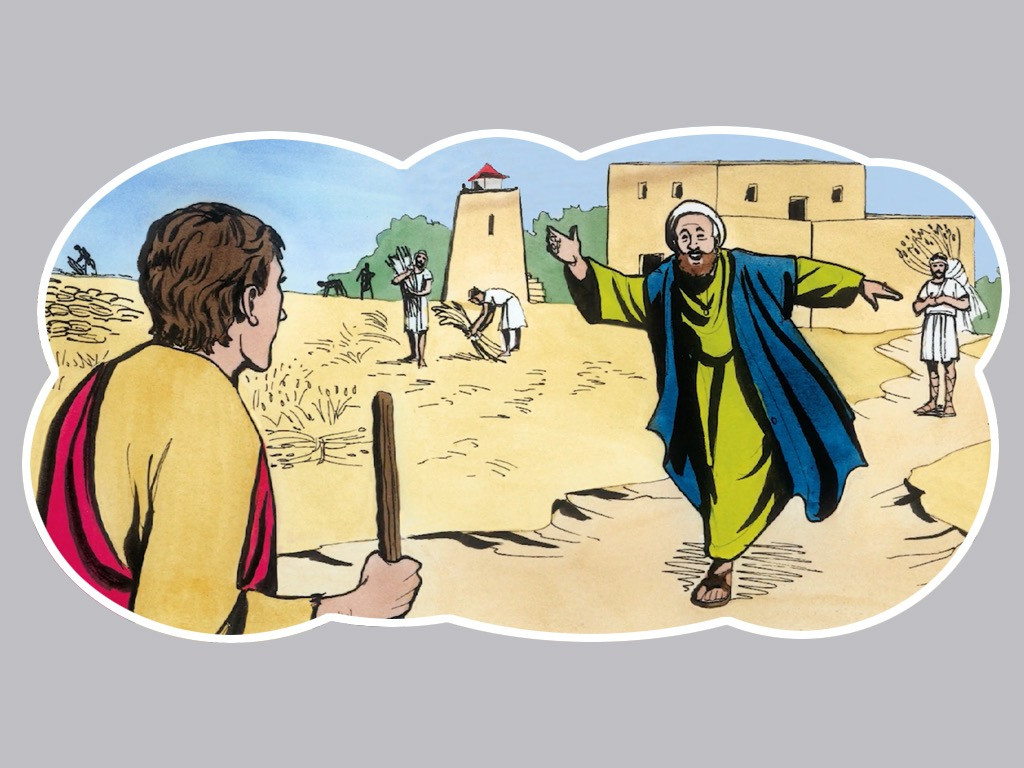The parable of the Prodigal Son in Luke 15:12-32 is a beautiful representation of unconditional love, grace, and forgiveness. In this story, we see how the father expresses his love through various love languages, despite his son’s mistakes. These expressions not only restore the son physically but also heal him emotionally, highlighting the depth of the father’s love.

Luke 15:12-13 (NIV)
The younger one said to his father, ‘Father, give me my share of the estate.’ So he divided his property between them. Not long after that, the younger son got together all he had, set off for a distant country and there squandered his wealth in wild living.
In the beginning, the younger son demands his inheritance and distances himself from his father. He likely enjoyed the freedom and luxury that the wealth provided, indulging in a lifestyle detached from his family. However, this detachment may also symbolize an emotional separation from his father, as he chose independence over the loving relationship they shared.
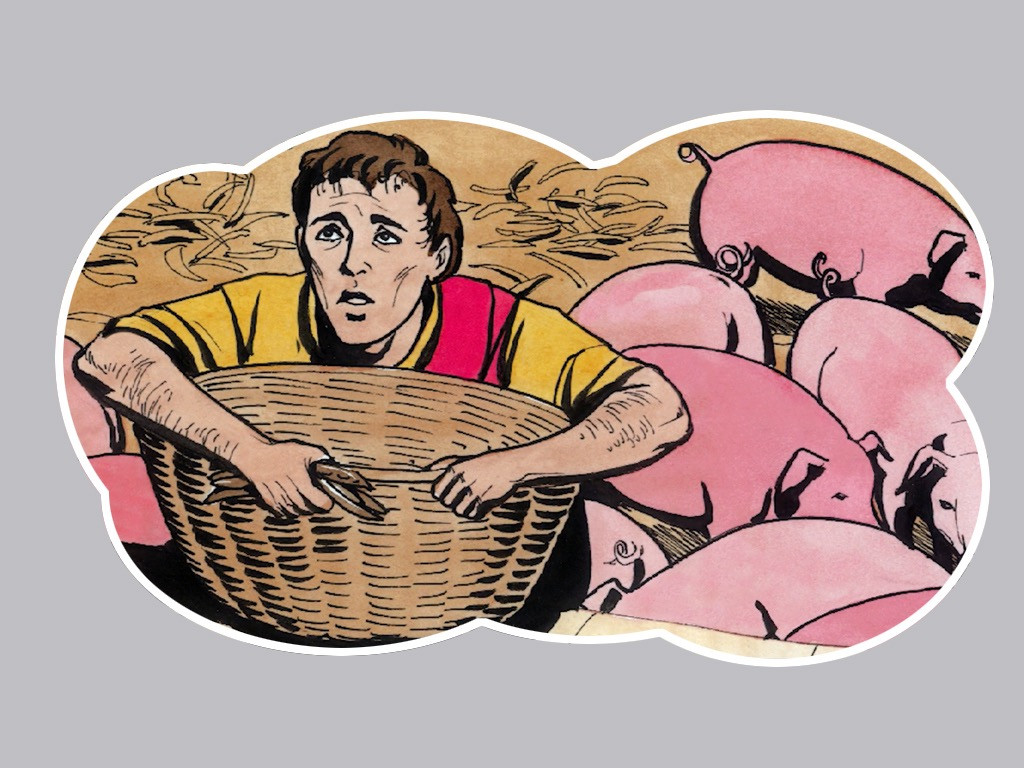
Luke 15:13-16 (NLT)
“A few days later this younger son packed all his belongings and moved to a distant land, and there he wasted all his money in wild living. About the time his money ran out, a great famine swept over the land, and he began to starve. He persuaded a local farmer to hire him, and the man sent him into his fields to feed the pigs. The young man became so hungry that even the pods he was feeding the pigs looked good to him. But no one gave him anything.”
The son’s life of luxury came to an abrupt end when he squandered his inheritance. Reduced to feeding pigs and longing for even the pigs’ food, the son reached the lowest point in his life. He realized how far he had fallen, and the harshness of his circumstances made him reflect on the care he once had in his father’s house.
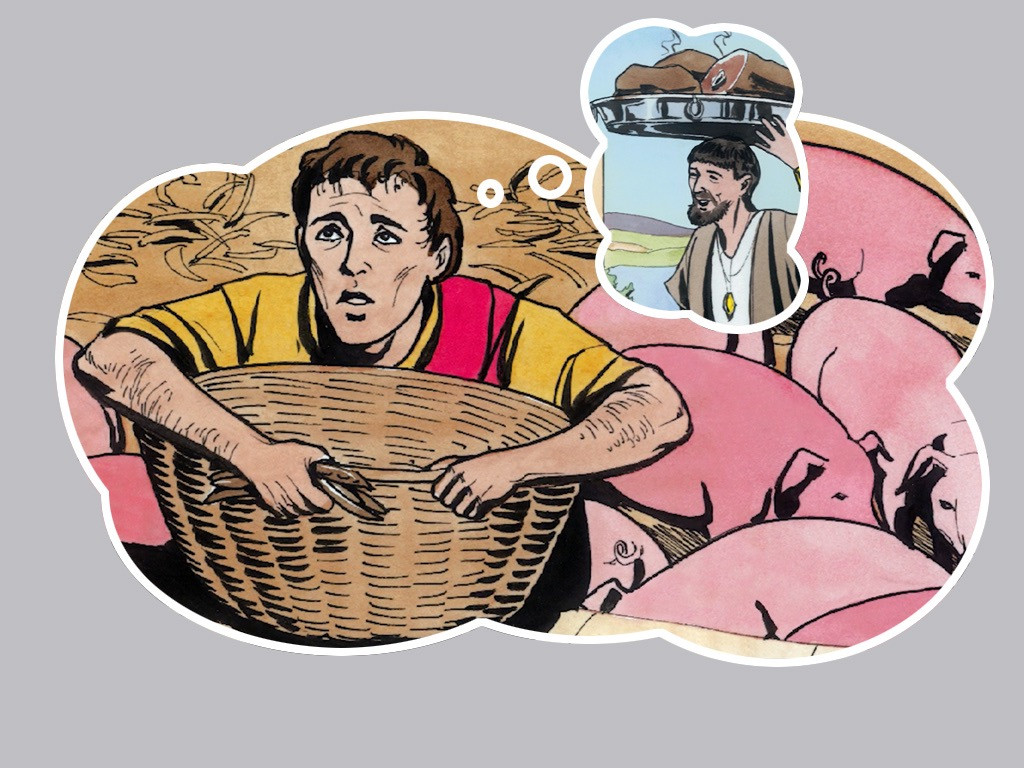
Luke 15:17 (NLT)
“When he finally came to his senses, he said to himself, ‘At home even the hired servants have food enough to spare, and here I am dying of hunger!’”
The son, humbled by his experience, realized that even being a servant in his father’s house was far better than his current state. His return was motivated by desperation, but also by the hope that his father might show him some mercy—even if it meant accepting him as a servant, not a son.
Luke 15:18-19 (NLT)
“I will go home to my father and say, ‘Father, I have sinned against both heaven and you, [19] and I am no longer worthy of being called your son. Please take me on as a hired servant.’”
His hardship had likely crushed his self-esteem. The son felt so unworthy that he couldn’t even imagine being called a son again. His request to be treated as a servant shows just how far he had fallen in his own eyes. The use of the word “Please” signals his lack of confidence that he would even be accepted in this lowly position.
After a long period of emotional detachment from his father, he felt empty, lacking love and emotional care. Desperation drove him to return home, though he never expected to be loved as a son again. What he needed most in that moment was reassurance and affirmation.
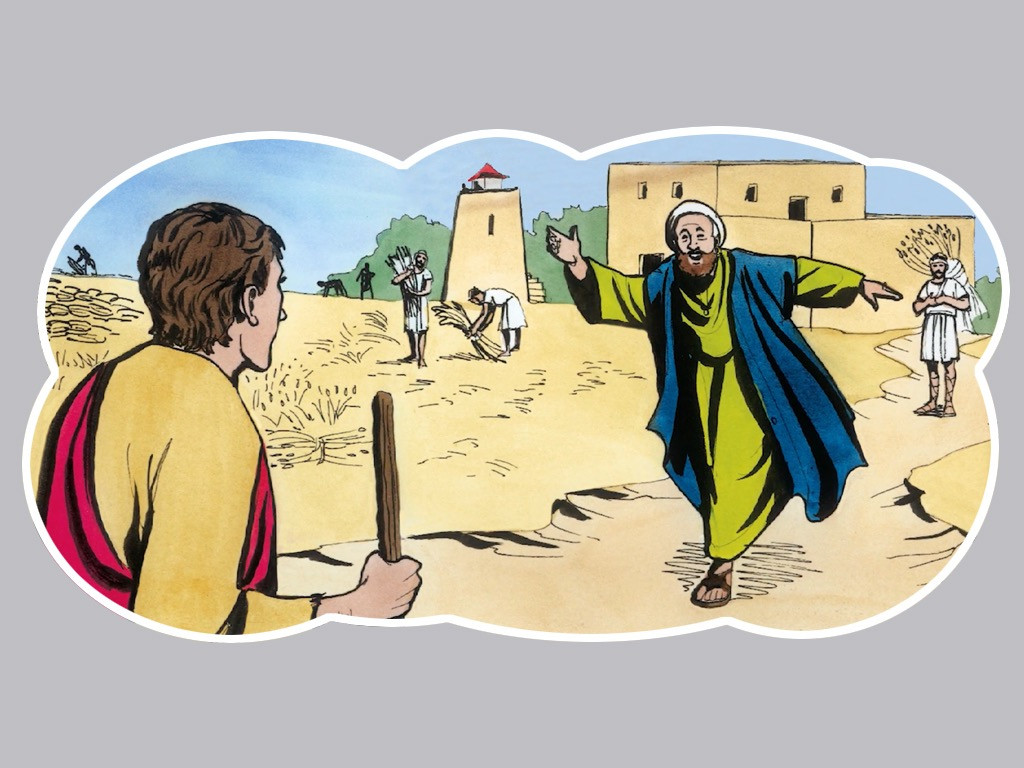
Luke 15:20 (NLT)
“So he returned home to his father. And while he was still a long way off, his father saw him coming. Filled with love and compassion, he ran to his son, embraced him, and kissed him.”
The son felt unloved and worthless, but his father’s response was entirely different. His father’s love and compassion had not wavered despite everything. The way the father reacted upon seeing his son is pivotal. Even though the father always loved him, if he had not expressed this love clearly, the son may never have felt truly welcomed. How the father expressed his love had the potential to either uplift the son or devastate him. Let’s examine how the father used the 5 love languages to heal his son emotionally.
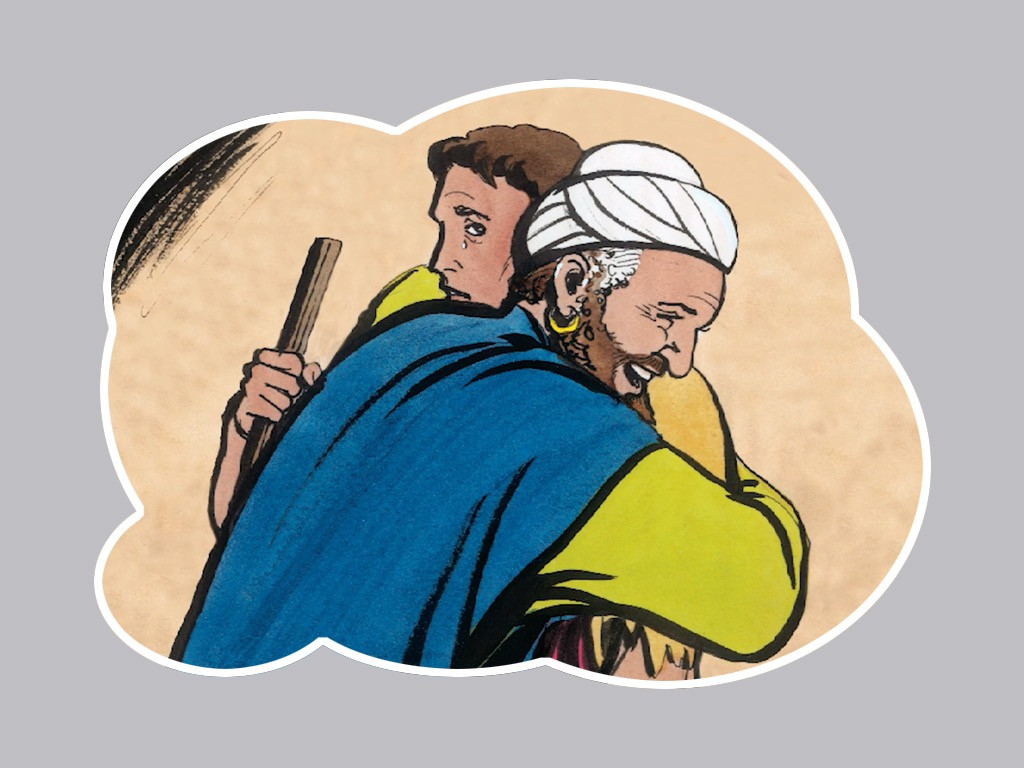
Luke 15:20-21 (NLT)
“So he returned home to his father. And while he was still a long way off, his father saw him coming. Filled with love and compassion, he ran to his son, embraced him, and kissed him. [21] His son said to him, ‘Father, I have sinned against both heaven and you, and I am no longer worthy of being called your son.’”
Firstly, the father physically embraced his son and kissed him—this is the language of Physical Touch. The father’s touch conveyed a powerful message of acceptance and love. Even though the son still felt doubt, and went on to deliver his rehearsed apology, the father’s touch reassured him of his worth.
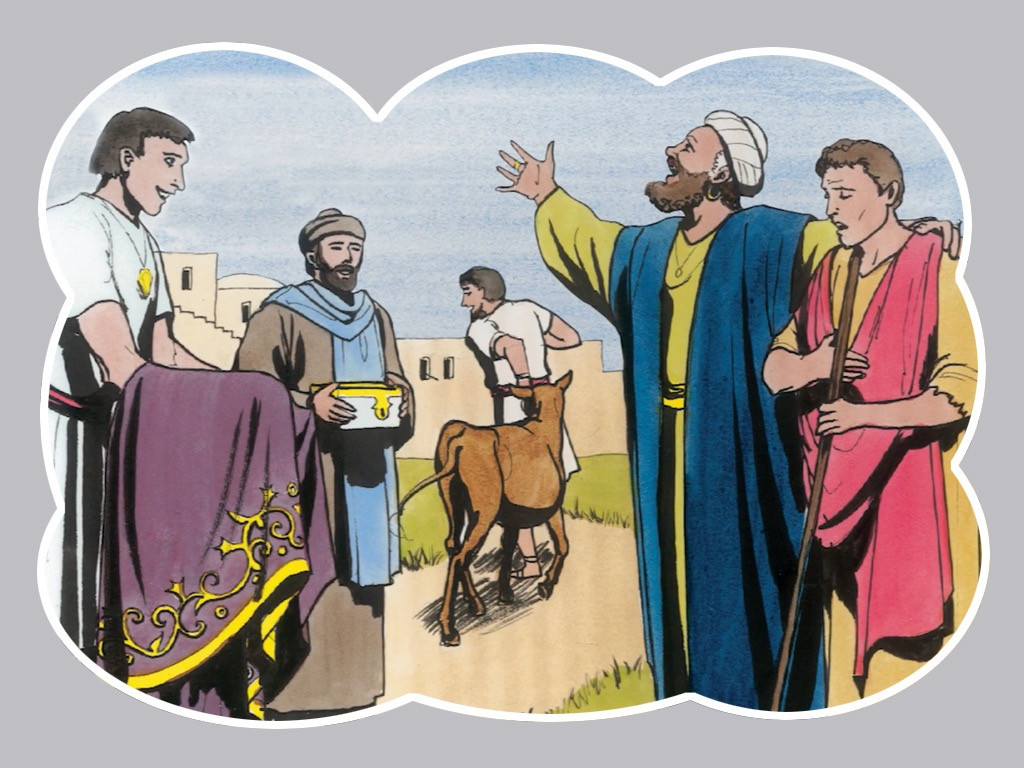
Luke 15:22-23 (NLT)
“But his father said to the servants, ‘Quick! Bring the finest robe in the house and put it on him. Get a ring for his finger and sandals for his feet. [23] And kill the calf we have been fattening. We must celebrate with a feast,’”
The father’s next actions demonstrated Receiving Gifts. By giving his son the finest robe and a ring, symbols of honor and belonging, the father restored his son’s dignity. No one dresses a servant this way. The son only expected to be treated like a servant, but the gifts made him feel valued and special.
In addition, the father gave him Acts of Service by dressing him, putting sandals on his feet, and preparing a feast. These acts, done without hesitation, further showed the father’s commitment to his son’s well-being and restoration.
Luke 15:20 (NLT)
“So he returned home to his father. And while he was still a long way off, his father saw him coming. Filled with love and compassion, he ran to his son, embraced him, and kissed him.”
The father’s love was spontaneous and full of compassion. The son’s return was not planned, and the father, busy with his daily responsibilities, could have ignored the situation. But instead, he put everything else aside and ran to his son. This is an example of the father offering Quality Time. He prioritized his son above all else, taking time to focus on him fully.
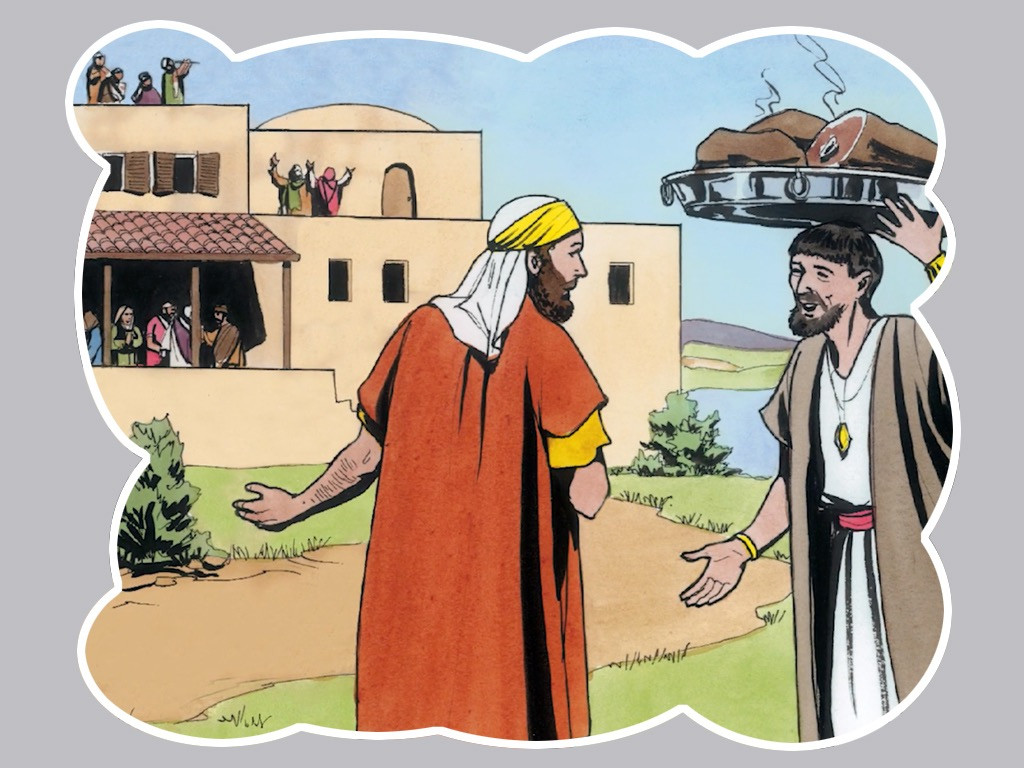
Luke 15:24 (NLT)
“For this son of mine was dead and has now returned to life. He was lost, but now he is found.’ So the party began.”
Finally, the father’s Words of Affirmation in celebrating his son’s return helped heal the son’s broken self-image. His words expressed joy, restoration, and love, bringing the father’s love for his son to completion.
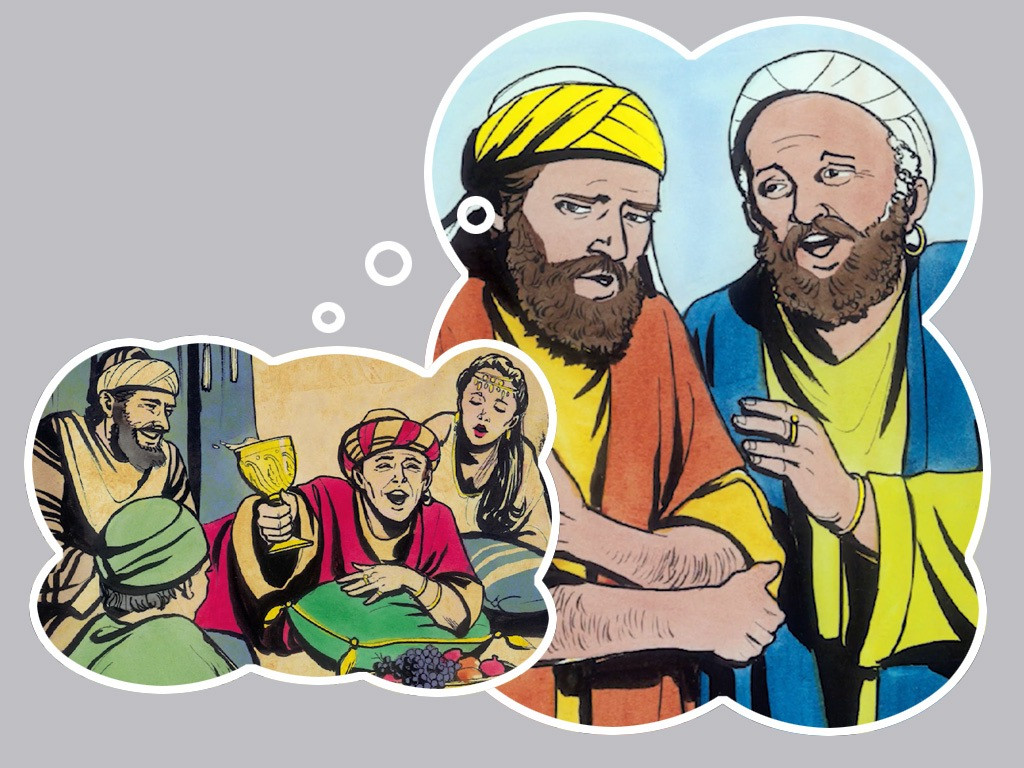
Luke 15:31-32 (NLT)
“His father said to him, ‘Look, dear son, you have always stayed by me, and everything I have is yours. [32] We had to celebrate this happy day. For your brother was dead and has come back to life! He was lost, but now he is found!’”
The father’s love was truly unconditional and genuine, as seen in his conversation with the elder son. His love didn’t diminish with the younger son’s mistakes; instead, it was expressed fully and wholeheartedly to both of his sons.
If you love someone, expressing that love is crucial. Genuine love should not be withheld, as life is too short to keep it inside. This parable also illustrates the nature of God’s love for us, showing us that He is a good, loving Father, always ready to welcome us back with open arms.

THP Team
The Healing Project Team comprises compassionate individuals who understand the struggles of mental health and faith. We are here to offer support, acceptance and hope through God’s healing plan.

